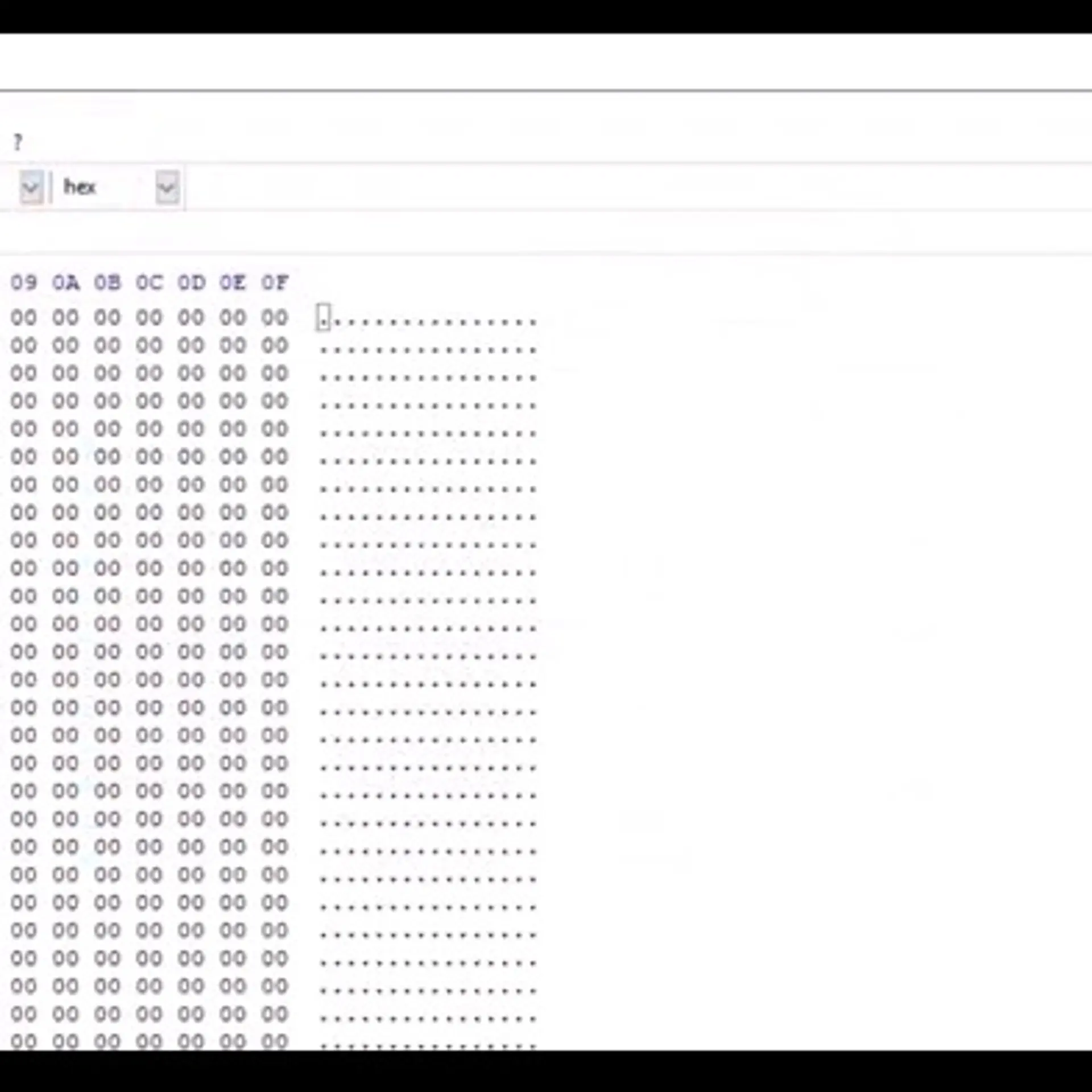

Mosquito Repellent for Babies: To Be Or Not To Be; That Is The Question
Every new mother worries for her baby, as the baby is vulnerable to the world, with their low immune system. When masses of mosquitoes are on the attack, and your baby is covered with the red marks from mosquito bites, a safe mosquito repellent for babies comes in handy. Mosquito repellents are important because it keeps your baby safe from the mosquito- borne diseases.
Learn what is safe for your baby:
Every mom has a very important question to ask “is there any chemical mosquito repellent available in the market, safe for babies?” The answer to this question depends on your baby’s age and the type of repellent you are going to choose.
• DEET:
According to the U.S Centers for Disease Control (CDC) and the Environmental Protection Agency, any mosquito repellent with 10% to 30% DEET (N, N-diethyl-m-toluamide) is safe to use on your 2 months old. If any repellent contains more than 30% of DEET, it can be harmful to your child.
• DEET free organic repellents:
Some parents prefer DEET free mosquito repellents. These repellents use some natural organic baby products such as eucalyptus oil, citronella, lemongrass, peppermint and cedarwood oil and works as good as any DEET added repellent.
• Picaridin:
Another synthetic ingredient found in mosquito repellent for babies is picaridin, also known as KBR3023. This odourless ingredient is similar to DEET and equally effective. Generally, mosquito repellents containing Picaridin are not recommended for babies younger than 2 months.
• Some natural ways to avoid mosquito bites:
Using mosquito net is an old but effective way to avoid mosquito bites. Don your baby in loose fitting, full sleeve clothing. Avoid going outside at morning and dusk.
Safety tips:
Though the mosquito net is the safest measure of all as it has no harmful side effects, but it cannot be carried everywhere especially when you are travelling with the baby. The chemical mosquito repellents can be safe for your baby if you take care of some safety measures as mentioned below.
• Consult your baby’s pediatrician to choose a suitable mosquito repellent for your baby.
• Apply the repellent only to the exposed skin. Always follow the instruction written on the bottle of your repellent. Do not apply it under clothes.
• Do not apply repellent to an open wound or cut.
• After returning indoor, thoroughly wash the treated area with soap and water. If possible bathe your baby.
• Never use the repellent more than once a day.
• Do not use any product that has a combination of mosquito repellent and sunscreen on your baby. Apply a separate sunscreen first, and then use repellent.
• Keep the mosquito repellent out of the reach of your baby.
• Don’t use it near the eyes and the mouth of your baby. To apply it to the rest of the face, spray the repellent onto your palms, and then rub it on the skin.
Conclusion:
A proper mosquito repellent for babies is useful in order to keep your little one healthy and happy. Always check the active ingredient list to make sure of everything and follow the safety measures.






